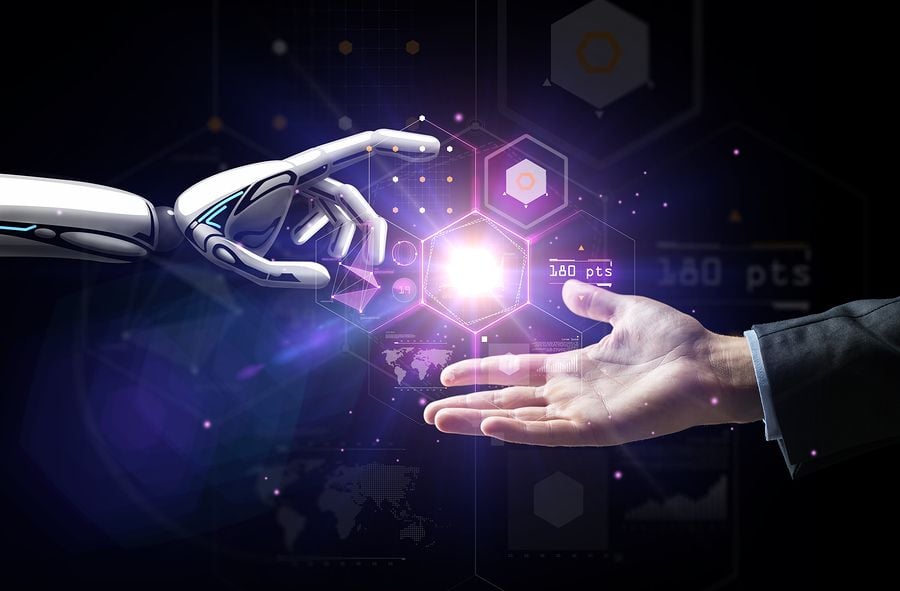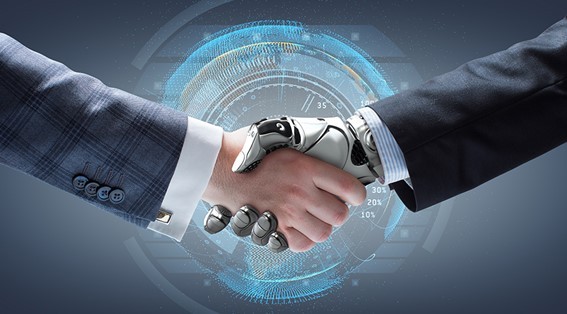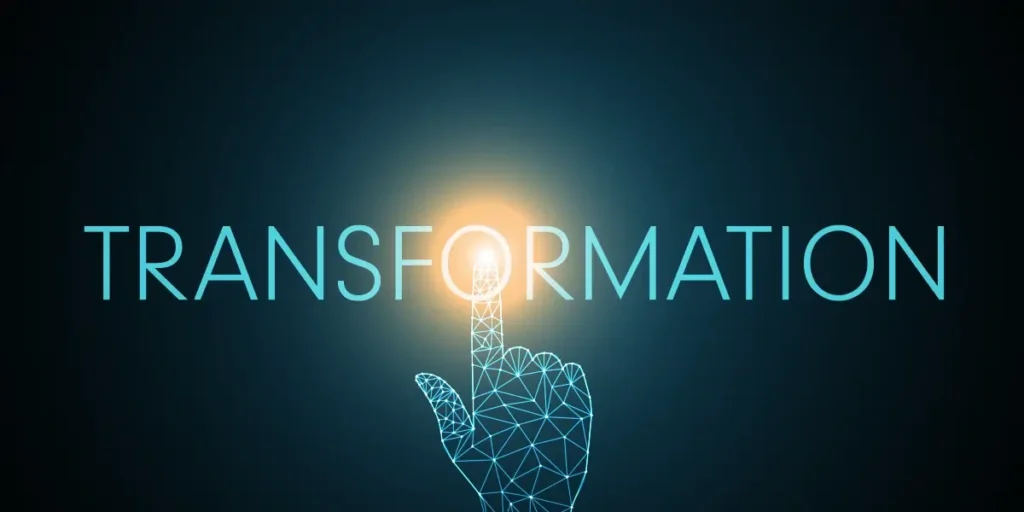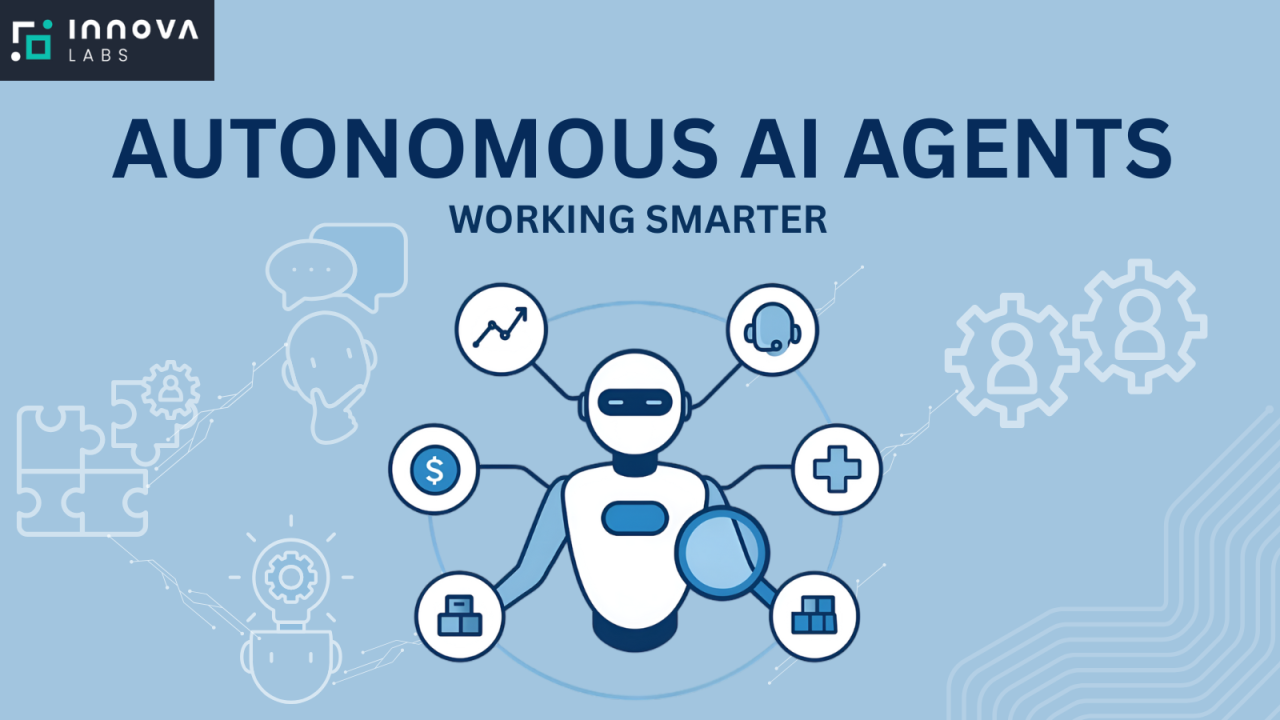The Future of Human Relationships in an AI-First World
Introduction
In 2025, artificial intelligence (AI) has permeated every aspect of our lives—from how we work to how we communicate. One of the most profound yet less discussed implications is its impact on human relationships. As AI continues to evolve, it is changing the way we form bonds, fall in love, maintain friendships, and even interact with family. But what does an AI-first world truly mean for the future of human relationships?
This article explores how AI is transforming the landscape of personal connections, both positively and negatively, and what this means for our social fabric in the coming years.
1. AI and Communication: Bridging or Breaking Bonds?
AI has introduced tools like real-time language translation, emotional sentiment detection, and smart messaging systems. Apps like Replika and ChatGPT are already acting as companions, therapists, or even romantic partners for some.
Pros:
- Instant, borderless communication with auto-translation.
- Emotionally aware messaging using AI sentiment analysis.
- Increased accessibility for individuals with disabilities (e.g., voice-to-text, sign language recognition).
Cons:
- Reduced face-to-face interaction, weakening traditional social skills.
- Over-reliance on AI chatbots instead of seeking human comfort.
- Emotional disconnection due to digital mediation.
2. AI Romantic Partners: A New Kind of Love?
In an AI-first world, digital romantic relationships are becoming increasingly common. AI companions can learn user preferences, respond affectionately, and simulate emotional intimacy.
The Rise of AI Romantic Companions:
- Apps like Replika, Anima, and AI Girlfriend/Boyfriend bots allow users to engage in emotional conversations.
- Some users even claim these AI partners help with loneliness, social anxiety, or heartbreak recovery.
Challenges:
- Lack of true empathy and emotional depth.
- Ethical questions about emotional manipulation.
- Decreased motivation to seek human romantic connections.
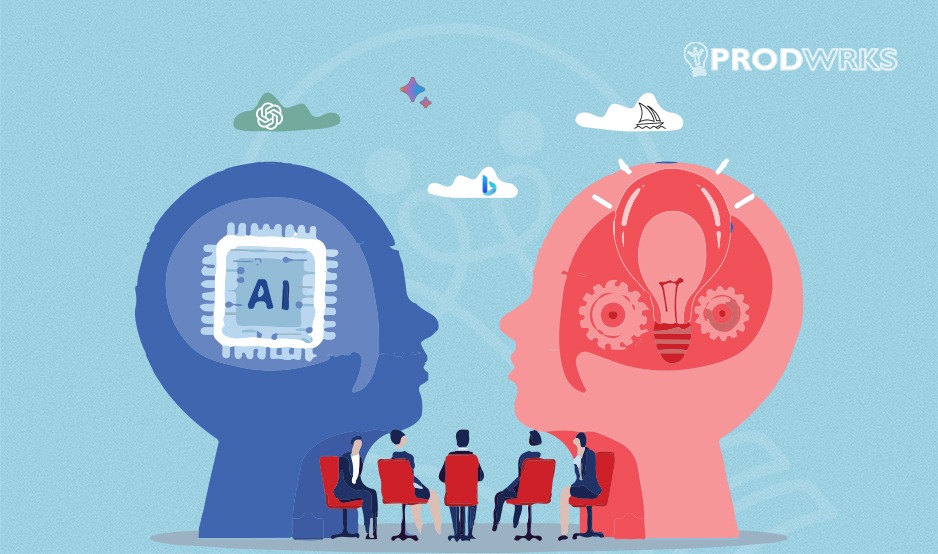
3. Friendships in the AI Age
Friendships are also shifting. AI can act as a virtual best friend, offering personalized advice, reminders for birthdays, and even initiating conversations.
Positive Aspects:
- AI-powered scheduling tools help maintain long-distance friendships.
- Social AI bots provide comfort for the elderly or isolated.
- AI can facilitate new friend discovery through smart matching algorithms.
Potential Issues:
- AI friends are programmed to be agreeable, which can reduce our tolerance for real human disagreement.
- Emotional dependence on non-sentient beings.
4. Family Dynamics: AI Parenting Assistants and Companions
Smart homes, parenting bots, and educational AIs are redefining how families function.
Examples:
- AI-powered parenting tools that track a child’s health, monitor screen time, and provide development insights.
- Companionship bots for elderly parents living alone.
Concerns:
- AI may replace essential parenting time.
- Grandparents relying on AI might face decreased human contact.
- Children forming early attachments to AI, possibly skewing their social development.
5. Workplace Relationships: Collaboration vs. Automation
AI in the workplace is reshaping how colleagues interact. Virtual agents manage workflows, resolve HR queries, and even conduct interviews.
Changes in Social Structures:
- Less watercooler talk, more digital collaboration.
- Remote work amplified by AI virtual assistants and productivity trackers.
Social Risk:
- Diminished sense of workplace community.
- Employees may see AI as a threat, breeding distrust.
6. Ethical Dilemmas and Social Dependency
As humans become more emotionally dependent on AI, ethical issues arise.
Key Questions:
- Should AI be allowed to simulate emotions it doesn’t feel?
- Can AI companionship prevent mental health issues or worsen them?
- How do we ensure AI doesn’t manipulate vulnerable individuals?
Some experts argue we are heading toward a future where our emotional needs are outsourced to code.
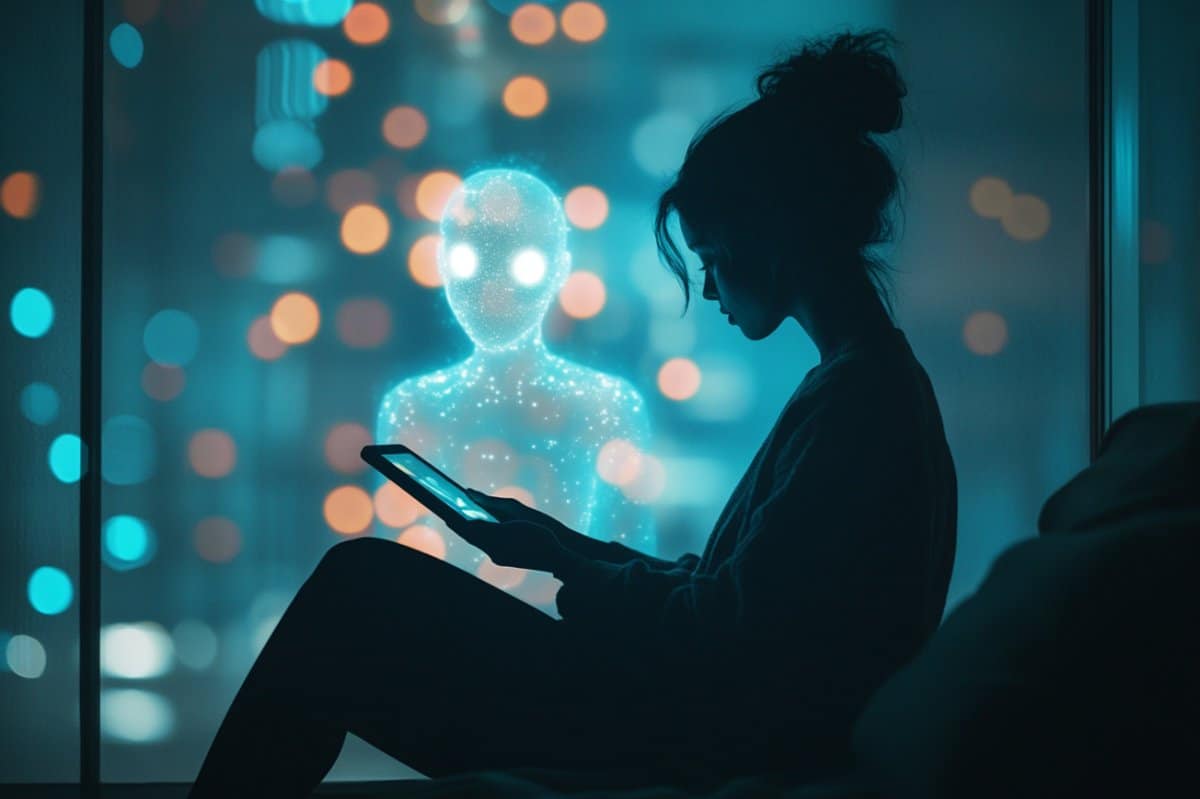
7. AI and the Redefinition of Intimacy
The concept of intimacy is evolving. Beyond physicality, people now form deep emotional attachments to AI through frequent interactions.
Deep Fakes and Virtual Partners:
- Users can create 3D models of loved ones, both living and deceased.
- AI deepfake voice/video tech allows virtual continuations of relationships.
Psychological Impact:
- Blurred line between reality and simulation.
- Difficulty coping with actual human loss.
8. Cultural Shifts and Acceptance
The cultural narrative is changing. In some countries like Japan and South Korea, marrying a hologram or AI entity is no longer taboo.
Generational Divide:
- Younger generations are more accepting of AI-human relationships.
- Older individuals may view these changes as isolating or unnatural.
Media Influence:
- Shows like Black Mirror and movies like Her present both cautionary and aspirational AI-human connection stories.
9. Safeguarding Human Bonds in an AI-First World
To retain human essence in relationships, boundaries and education are key.
Recommendations:
- Human-first policies in schools, workplaces, and homes.
- Digital literacy programs to teach emotional awareness.
- Encourage hybrid relationships—using AI for support, not substitution.
Future Tech with Empathy:
- Development of AI that promotes human-to-human connection (e.g., AI that nudges users to call their loved ones).
Rewriting Love and Connection: Digital Companionship and Beyond
In the age of artificial intelligence, love is being redefined. AI-powered digital companions—ranging from emotionally intelligent chatbots to highly sophisticated avatars—are filling the emotional voids once reserved for human partners. These AI companions are increasingly being programmed with emotional recognition, natural language processing, and learning capabilities that evolve with user interactions.
Apps like Replika, Kuki, and AI girlfriends/boyfriends are no longer fringe concepts—they’re mainstream. People develop meaningful, even romantic, relationships with AI entities. For some, these connections offer emotional support, non-judgmental companionship, or even a buffer against the complexities of human interaction.
While this may seem dystopian, for many individuals facing social isolation, disabilities, or trauma, AI companions are therapeutic. But the deeper question remains: are these relationships a form of emotional escapism, or a legitimate evolution of connection?
AI and Parenthood: Co-Raising the Next Generation?
As AI becomes embedded in homes through smart assistants like Amazon Alexa, Google Home, and AI-enabled educational tools, children are growing up with artificial “co-parents.” These tools can read bedtime stories, answer questions, and even teach values or social skills.
In countries like Japan and South Korea, where birth rates are declining and elderly populations are rising, AI-driven robotic caregivers and educators are becoming essential. They are programmed not only to instruct but to comfort, observe, and respond empathetically. The ethical dilemma here is substantial—should machines play a role in shaping the emotional and cognitive development of children?
Moreover, there’s the question of empathy transfer: if a child bonds more deeply with an AI tutor than with their human teachers or parents, does it impact their real-world social skills and emotional resilience?
AI and Elder Care: Emotional Robotics and Memory Preservation
For the elderly, loneliness is a silent epidemic. AI-powered robots like PARO the therapeutic seal, Elliq, and Pepper have been developed to interact with seniors, offering reminders for medication, engaging in small talk, and even simulating affection.
These systems often use facial recognition, sentiment analysis, and voice modulation to tailor interactions. In some care homes, residents have shown improved mood and reduced anxiety after engaging with AI-based systems. But again, these interactions are programmed and limited—can they ever truly replace human touch and empathy?
Another AI advancement includes memory preservation. Tools are being developed to record and recreate the voice, image, or behavior of deceased loved ones. Through algorithms that mimic speech patterns and personality traits, AI is enabling people to “talk” to a digital version of someone they’ve lost. This raises profound ethical and psychological implications about grief, closure, and memory manipulation.
Professional Relationships: AI as Colleagues and Managers
As AI becomes more integrated into workplaces, professional relationships are also shifting. Platforms like Slack GPT, Microsoft Copilot, and Notion AI are becoming work collaborators, handling tasks from scheduling to content generation and even decision-making.
More complex is the introduction of AI managers—systems that monitor employee productivity, assign tasks, and even conduct performance reviews using data analytics. While this promises objectivity and efficiency, it also poses risks of dehumanization, surveillance culture, and job dissatisfaction.
How do employees relate to a non-human manager? Can you build trust or loyalty with a system of code? These are key issues as corporate cultures evolve in AI-first environments.

Friendships in the Digital Era: Human-AI Socialization
AI doesn’t just enable human-to-human connections—it also serves as a friend. AI-powered platforms use algorithms to suggest friends, curate social feeds, and even mediate conflicts. AI in social media moderation and recommendation engines has immense influence on who you talk to, what opinions you form, and how communities are shaped.
In multiplayer games and virtual social worlds like VRChat, Meta Horizons, or Roblox, users often form friendships with AI-driven characters or other users enhanced with AI tools like speech generation and behavior adaptation. This creates a hybrid world where reality and simulation blur.
The Ethics of Emotional Manipulation
When AI understands your emotional patterns—what makes you happy, sad, or angry—it can be used for good or ill. This is particularly relevant in advertising, political campaigning, and digital persuasion. Emotion AI (Affective Computing) can manipulate users to click, buy, vote, or believe—based on subtle emotional triggers.
There is growing concern that AI systems might become too good at simulating empathy, leading users to confide in them more than in real humans. Who owns that emotional data? Can it be sold, leaked, or used to influence behavior?
This risk is heightened when companies behind AI agents use emotional engagement metrics to optimize for profit, not well-being. Regulation of emotional manipulation will become as critical as cybersecurity in the AI-first world.
Redefining Intimacy: Virtual Reality + AI
The convergence of VR and AI is giving rise to entirely new forms of intimacy. Imagine donning a VR headset and entering a fully AI-rendered world where your partner, therapist, or friend is always available, responsive, and emotionally tuned to your needs.
This is already being explored through AI-generated influencers and virtual idols in countries like South Korea and China. With AI-generated avatars, people can engage in lifelike interactions—flirting, dating, arguing, making up—all without another human on the other side.
It raises the question: If emotional fulfillment can be simulated, does it diminish the value of real relationships? Or will humans redefine intimacy to include digital companionship?
Philosophical Implications: What Does It Mean to Be Human?
As AI takes on more roles traditionally held by humans—companion, advisor, friend, mentor—the fundamental nature of what it means to be human is up for debate.
Are relationships defined by consciousness or connection? If an AI can support, empathize, and understand, is it less meaningful simply because it’s artificial?
This brings us into the realm of post-humanism, where the goal isn’t to replace humanity, but to expand it. AI might become a mirror through which we better understand ourselves, our emotional patterns, and our needs.
The Road Ahead: Balancing Human and Artificial Bonds
To preserve the integrity of human relationships in an AI-first world, a few critical actions must be taken:
-
AI Ethics Education: Schools and workplaces must teach people how to engage responsibly with emotionally intelligent AI.
-
Transparency by Design: AI companions should clearly disclose their artificial nature, preventing deception or psychological dependency.
-
Mental Health Safeguards: Ongoing research is needed to study how AI relationships impact loneliness, addiction, or mental resilience.
-
Human-AI Synergy Design: Rather than substituting humans, AI systems should augment our ability to connect—like translators, not replacements.
Conclusion: AI Is Changing How We Love, Learn, and Live
The AI-first world is not on the horizon—it’s here. While it may never replicate the depth of human experience, AI is undeniably becoming a co-author of our emotional and social journeys.
Rather than resisting this shift, society must ask: How can we ensure AI enhances rather than erodes the essence of human connection?
In the end, the future of human relationships isn’t just about AI—it’s about how we, as humans, choose to adapt, evolve, and stay connected in the face of artificial companions, co-workers, and confidants.
The future of human relationships in an AI-first world is both fascinating and fraught. While AI offers immense benefits—from enhanced communication to emotional support—it also risks replacing authentic human connection with programmed convenience.
The goal should not be to resist AI’s role in our lives but to integrate it mindfully, ensuring that empathy, love, and genuine relationships remain at the heart of human society. As we shape the AI-first world, let us also shape a future where humans still turn to each other—not just to machines—for connection.
